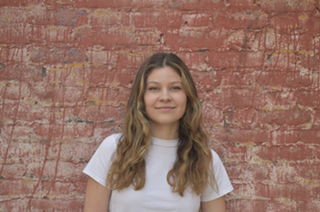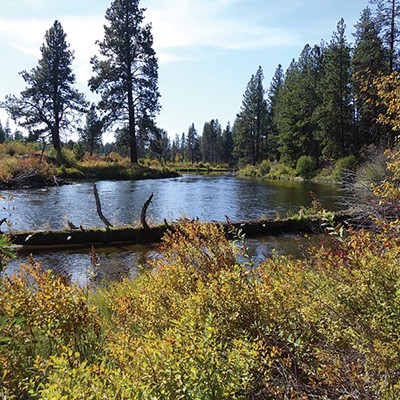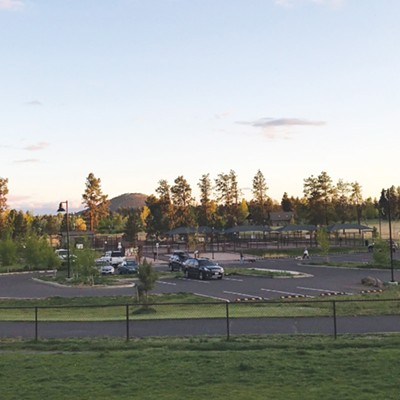Central Oregon is on the path to implementing a new method of community involvement called citizen assemblies. Speakers at an April 18 City Club forum shared the idea with attendees as a new means of decision making that involves community members.
Citizen assemblies involve a process that supports more representation in local decision making by randomly selecting individuals to discuss local issues and make recommendations to local leaders.
Members are selected by lottery and stratification. In the first stage, invitations are sent out to a group of people chosen at random. A second lottery then takes place with a process that ensures the final group represents the community in terms of gender, age, geography and socio-economic differences.
With Central Oregon's model, called the Central Oregon Civic Action Project, affiliated with the international nonprofit, DemocracyNext, selected residents would meet for seven days over the course of two months. They would make a final recommendation, or more than one recommendation, about a certain topic or issue, based off supermajority consensus, which will go directly to all of the partnering levels of government.
The goal, according to Josh Burgess of the Central Oregon Civic Action Project, is to increase civic engagement, gain better governance outcomes and increase public trust in government institutions and elected officials.
This process would ideally create a truly diverse assembly and guarantees representation. City Councilor Megan Perkins, who was a panelist at the City Club event, sees this as a way of better understanding where residents stand on local issues.
"We learn about information in a bubble, whether it's our friends or social media, our church, our family. We have done an increasingly incredible job of reaching out to our community, whether it's town halls or community events. But, no matter what we do we still hear from basically the same 25 people over and over," she said at the event.
"It's really hard for me as a city councilor to understand how the majority of the people feel about something and what solutions they have without putting absolutely everything to a vote, and I think this is a really excellent way of popping that bubble."
City Councilor Anthony Broadman, who is a strong advocate for citizen assemblies, also sees this opportunity as helpful in engaging residents and hearing from them.
"I think there's a tendency, when issues get controversial or passionate, that governments –local, state, national – tend to close their doors, and I think that we do a lot better when we actually invite more people in and give citizens good information and more power to solve the biggest challenges ahead of us," Broadman told the Source Weekly. "I think citizen assemblies are one way of doing that."
According to Burgess, for this process to work accurately, it's critical to have the buy-in from local governments that they'll endorse but stay separate from the process. It's also important that they take the recommendations, publicly debate and report back on whether or not they will implement something.
Burgess thinks Central Oregon is a great place to implement this idea. "People tend to be active in the community," he said. This method offers everyone an opportunity to have a more direct hand in governance or a "seat at the table," as he describes it. It's especially useful for members of the community that typically don't have those types of opportunities.
Broadman agrees. "I think there's a heritage of setting aside partisanship and extremism and trying to solve problems. And so I think there's a fertile landscape here to invest in tools that do just that and bring more people into democracy while, you know, through sortition, removing some of the extremes." He points to examples like the Coordinated Houseless Response Office, Deschutes Collaborate and the Central Oregon Intergovernmental Council.
"We have a lot of big problems in our community and big things that we need our community's help in solving, and so I think that that's what we're looking to do," said Perkins.
The Central Oregon Civic Action Project is currently in a fundraising stage, in hopes of launching its first project, tackling the topic of youth homelessness, in 2024. More information is available at demnext.org/fr/cocap.
























